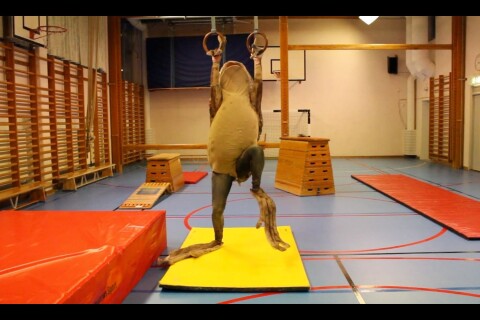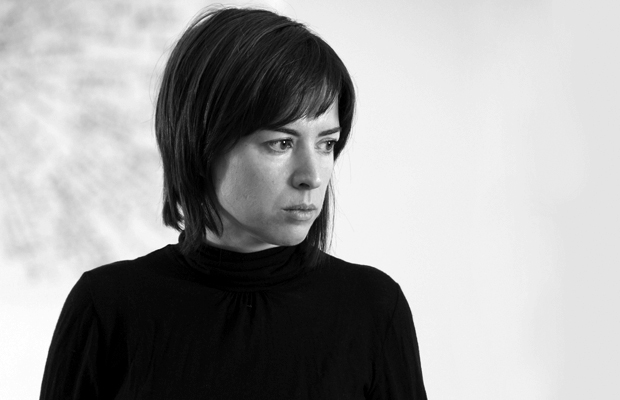Search
To search for an exact match, type the word or phrase you want in quotation marks.
A*DESK has been offering since 2002 contents about criticism and contemporary art. A*DESK has become consolidated thanks to all those who have believed in the project, all those who have followed us, debating, participating and collaborating. Many people have collaborated with A*DESK, and continue to do so. Their efforts, knowledge and belief in the project are what make it grow internationally. At A*DESK we have also generated work for over one hundred professionals in culture, from small collaborations with reviews and classes, to more prolonged and intense collaborations.
At A*DESK we believe in the need for free and universal access to culture and knowledge. We want to carry on being independent, remaining open to more ideas and opinions. If you believe in A*DESK, we need your backing to be able to continue. You can now participate in the project by supporting it. You can choose how much you want to contribute to the project.
You can decide how much you want to bring to the project.

A year ago and something I went to give a talk at MIT, invited by the art program. In the middle of the afternoon the director informed me that the robotics lab is very interested in joining the event. I showed my enthusiasm and at the time, I thought, we’re going to mess it up. My talk dealt in a speculative and strange way with the possibility of becoming a frog. The idea was not mine, but of a Swedish artist, Ingela Ihrman, who, indeed, turns into a frog. The work itself could be called performance, but I am not sure if the name is accurate. It is not about activating the body, space and external elements from a positive evaluation of the body itself as a work. It is simply about becoming a frog. Becoming a frog – think of the Frog Prince, the story of the Brothers Grimm – is a form of punishment that alludes to the need to lower your human fumes and place yourself at the foot of the lotus leaf. In the story, the spoilt little princess breaks her word to a frog and her father forces her to live with him. Luckily the frog, green and very slimy, is a prince more glossy than a winning lottery ticket. The crucial aspect of the story, for our time, is not the royal marriage, but the fact that the princess has spent a night with the frog. The Ihrmann frog could be that same frog, only in the morning it is still amphibious royal highness. With it, he resolves to catch up on human affairs and invests in his outer life, with a visit to the gym and the inner life, with a few sessions of yoga and meditation. The piece that in Ingela Ihrman’s work has a very fertile context – since it has also been a tadpole and flower on multiple occasions – raises many fundamental questions about the way we imagine intelligence, the interpellation between species, the legal rights of natural life, the conception of genders we have inherited and their way of thinking and including the body.
It is difficult to question the future of the autonomy of intelligent machines. A few weeks ago in Tokyo I held in my arms a little animal robot that responded to my love with an emotion unthinkable in plastic until recently. However, I know very well that if, at my delicate hormonal age, I add a few conversations with frogs, trees and other fauna, I know that I will not count on the applause of those who live enthusiastic about the gifts of artificial intelligence and deep learning. But I believe that, deep frogging is fundamental and necessary to learn to behave with life and think about a different social-natural contract. It goes without saying that the MIT people wanted to kiss a frog at all costs!
*Lit. Come out frog/ Turn out to be a flop
(Image Ingela Ihrman The Toad. Video (4’17) / performance 2013)

Chus Martínez is the Head of the Institute of Art of the FHNW Academy of Arts and Design in Basel, Switzerland. Martínez is also the expedition leader of the second cycle of TBA21–Academy The Current, a fellowship programme of artists, cultural agents, and scientists engaging with the Ocean.
"A desk is a dangerous place from which to watch the world" (John Le Carré)